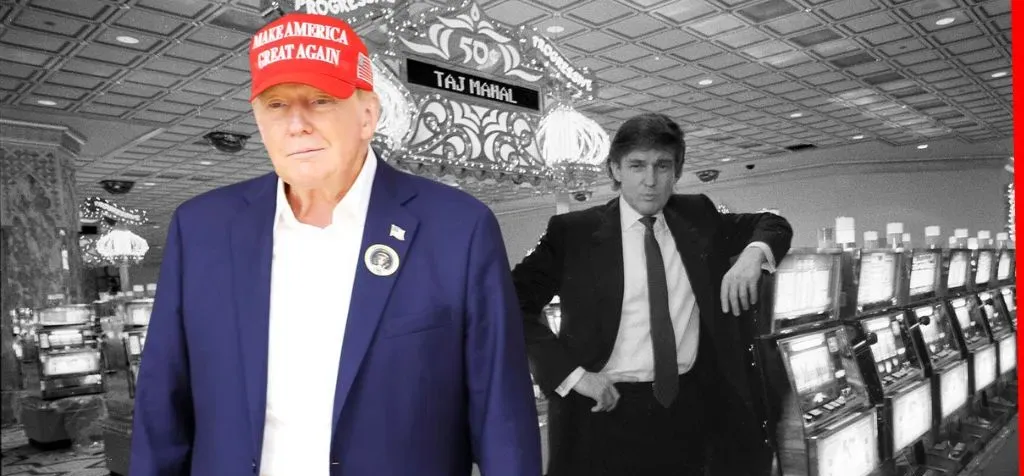Donald Trump's victory in the 2024 US presidential election could herald a complex new era for sports betting and online gambling, driven by his pro-business policies and potential conservative appointments.
Trump's history suggests a preference for deregulation, but his administration's conservative leanings could curb the rapid expansion of the gambling market or impose stricter regulations on online gambling.
During Trump's previous term, his approach was often hands-off, allowing states to set their own gambling policies. This aligns with federalism, prompting state-by-state legalization, especially after the landmark 2018 Murphy v. NCAA decision.
However, the Trump administration's inconsistent stance, including reinterpreting the Wire Act to limit interstate gambling, has raised questions about Trump's vision for the industry. Now, his anticipated conservative judicial and cabinet appointments might hinder the expansion of the gambling industry or intensify scrutiny of the burgeoning online gambling sector.
Trump's familiarity with the casino industry—particularly his previous ownership in Atlantic City—reassures some industry stakeholders who favor less regulation.
However, his "Agenda 47" platform does not explicitly promise to expand sports betting or gambling, leaving room for speculation. Industry observers suspect Trump might lean towards deregulation, but warn that his unpredictable style could bring unexpected restrictions.
The momentum for legalizing sports betting across the US is strong, transcending party lines and demographics. Nonetheless, Trump's return to office raises questions about whether he will introduce new federal barriers or allow states to regulate themselves.
Thus, his presidency could signify an era filled with opportunities or restrictions, depending on how his administration balances business growth with conservative oversight.
Harris's Defeat
Kamala Harris's campaign struggled to generate the enthusiasm needed for a decisive victory, failing to resonate with key voter groups. Critics note her difficulty in establishing a solid connection with voters and articulating a vision that could garner broad support.
If she had won, her administration might have continued the Biden-Harris approach of delegating gambling regulation to the states, maintaining the patchwork of state policies and minimizing federal intervention. This would provide stability for states pursuing the expansion of sports betting, but would not accelerate a unified national framework.
At the federal level, the Trump administration might prioritize commercial interests and revenue over restrictive gambling policies, as seen in his first term's economic agenda.
However, potential appointments in conservative states might indicate resistance to gambling expansion. Figures like Texas Governor Greg Abbott and Lieutenant Governor Dan Patrick, strong opponents of casino expansion, could have an impact, especially in traditionally gambling-averse regions.
While Texas is known for its opposition to gambling, some analysts believe that if key opponents step down, Trump's victory could prompt pro-gambling advocates to lobby for changes in Texas and other conservative strongholds.
States with untapped markets—particularly Texas and California—are crucial for the gambling industry. Given Trump's influence in Republican-led states, Texas might see strengthened legislative efforts, although this largely depends on key appointments in the Trump administration.
Online Gambling Regulatory Issues
Online gambling might face stricter scrutiny, as conservative policymakers often express concerns about gambling addiction, fraud, and youth exposure. Trump's emphasis on traditional business models suggests that his administration might explore tighter regulations on online gambling, especially if supported by socially conservative appointees. Enhanced regulation could focus on mitigating social risks associated with the rapidly growing online sector.
However, any significant national regulation would require congressional support. Trump's support for state autonomy, consistent with the post-2018 landscape, might prevent federal intervention, allowing states to regulate themselves. This would benefit mature markets like New Jersey and Pennsylvania, where the online and sports betting industries thrive under localized regulation.









